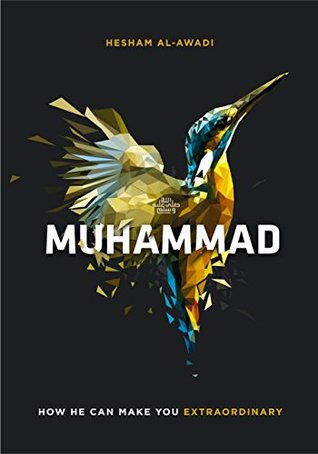More on this book
Community
Kindle Notes & Highlights
Read between
October 11 - October 13, 2021
Children’s personalities are formed during the first six years. The first year develops emotions, while the second year is crucial for vocabulary building. In the third year, young children learn to interact with others, and in the following year become more self-reliant, before learning to better express their emotions and needs during the fifth and sixth years.
Showing love and affection has a huge impact on a child’s personality. She becomes more self-confident, allowing for her feelings and emotional intelligence to develop. Studies have shown that showing children love fulfills their need to feel safe, strengthening their ability to adjust to their surroundings. Making a habit out of hugging your child, affectionately greeting her when she wakes up or comes home, kissing her, and playing with her improves her psychological health and sense of self-worth.
Constant affection is better than outpourings of affection only on special occasions.
Discipline — when one is able to act responsibly regardless of one’s desires — can and must be developed at an early age.
Children cannot be taught discipline through physical or verbal abuse, but rather learn it through good parenting and kindness.
There is a direct connection between children physically moving about and skill acquisition, and physically active children tend to take on a social personality and leadership roles more than less active children.
Much of a child’s impression about himself is taken from his parents, since he sees them as the two people who know him best, and so believes what they say about him. He begins to build up self-esteem from his parents, and what they say about him becomes his inner voice about himself.
The lesson Muhammad likely learned from Qusay was to draw the energy needed for change from within yourself, not from your surroundings, or else you will be unable to bring about change.
Hashim serves as a reminder that you don’t have to be rich to give generously, and that giving is not restricted to money, but could also include sharing your expertise or volunteering your time.
Don’t give in to despair or give up your rights, but rather demand them with a polite dignity, and know that good times follow bad times, even if in bizarre or unexpected ways.


